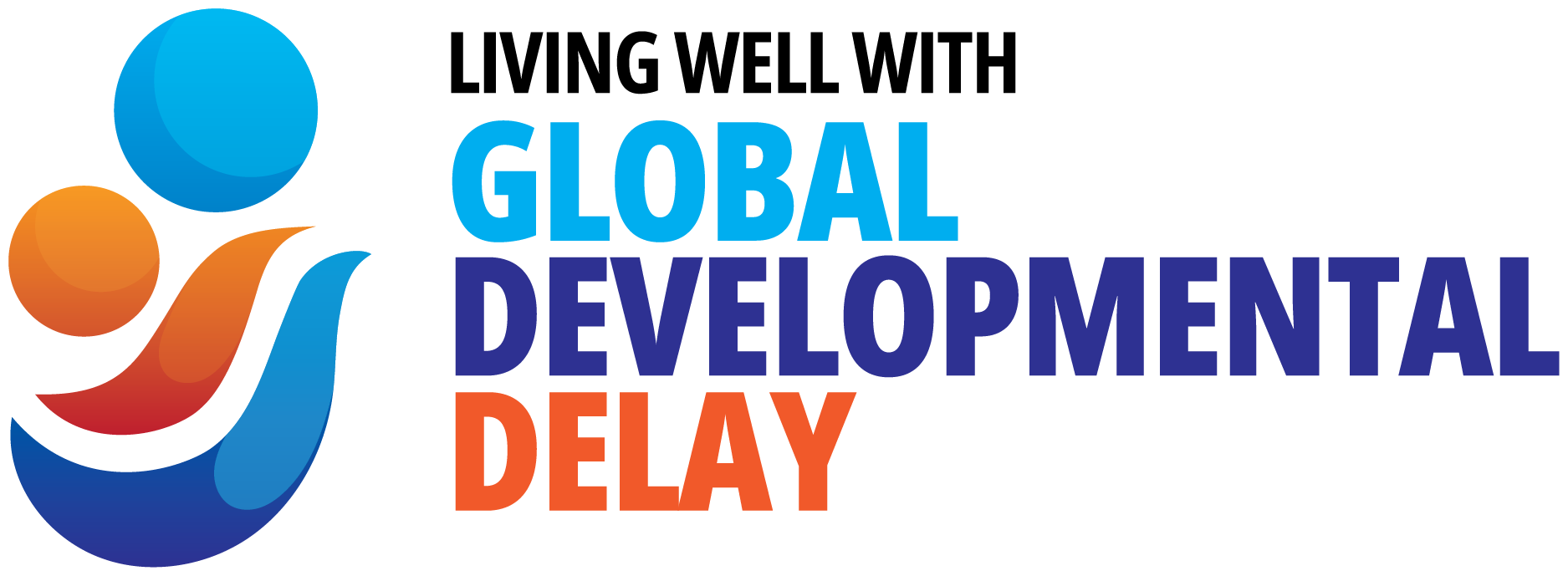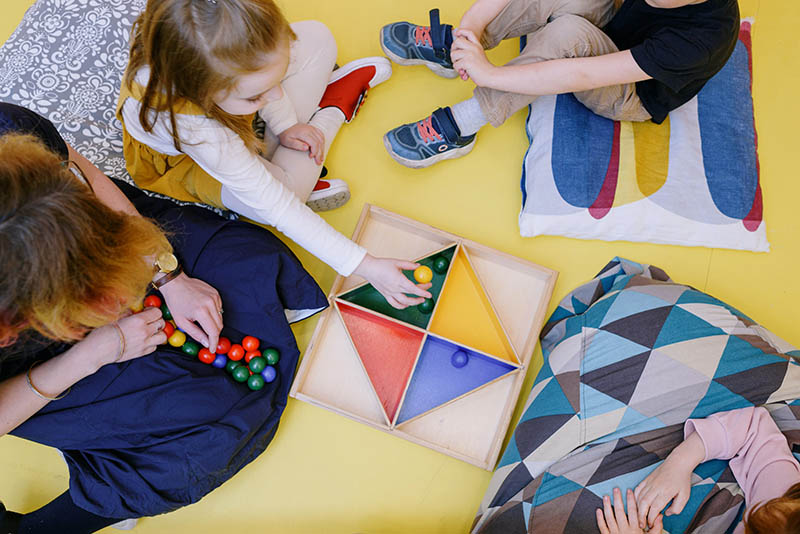Many items can be funded by the NDIS. You will need to work with your team from a NDIS provider to find out if anything might be useful, for your child, now and in the future. Speech Pathologists, Physiotherapists and Occupational Therapists can help you
- find the most appropriate item,
- organise an equipment trial and
- write a support letter to request for NDIS funds.
For NDIS the Assistive Technology items are classified into
- low-risk and
- high-risk items.
Some of the low-risk items are available for trial and purchase through local retail stores while others are only available through specialist suppliers of disability equipment. For all items, your child’s NDIS provider is required to guide you about what is the most suitable product for your child before purchase.

